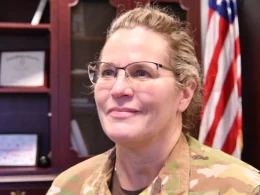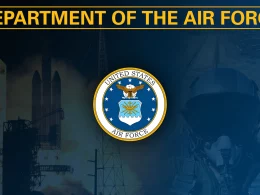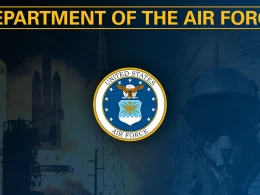ROBINS AIR FORCE BASE, Ga. —
The results are in from a first-of-its-kind communications survey targeted specifically at Reserve Citizen Airmen.
Officials with the Air Force Reserve Command Public Affairs Office here, in partnership with the Secretary of the Air Force Public Affairs Office, conducted an online communications survey from May 1 to June 6 of this year and met with Reserve focus groups from May 30 to June 4. The “Where Airmen Get Information – Reserve” survey results were released this week.
“The purpose of this effort was to understand the specific information needs of Reservists, learn whether current Air Force Reserve communication efforts are meeting those needs and to determine what strategies and approaches would best fill communication gaps,” said Maj. Monique Roux, AFRC PA’s chief of readiness and resources. “WAGI-R data will enable leaders across the command to communicate more strategically with their Airmen based on preferences that meet member needs. Through this survey, leaders and commanders can find greater success in reaching Airmen with key information, ultimately improving morale, readiness and retention.”
Roux said that most Reservists surveyed and those in the focus groups believe the command is doing a moderately good job of keeping them informed. “However, Reservists indicated needing to search for information at least occasionally, suggesting that making information easier to find would be beneficial,” she said. “In the focus groups, Reservists reported a disconnect with how their duties support the overall Reserve mission and strategic direction.”
She went on to say that Reservists in the focus groups said there was a lack of Reserve-specific information on the Air Force Portal and that timely updates ahead of Unit Training Assembly weekends would help them complete their duties and ensure they are well prepared for important activities.
Overall, Reservists indicated that they prefer to receive their information directly from their direct supervisor or flight chief and that their preferred communication channels are e-mail, in person and text messages.
Sean P. Houlihan, AFRC’s deputy director of public affairs, said recommendations from the survey have already been briefed to leaders across the command for action.
A total of 2,679 respondents, representing various full- and part-time statuses, participated in the online survey. The final survey data set was weighted to reflect the broader Reserve population, ensuring findings can be generalized to the Reserve overall.










